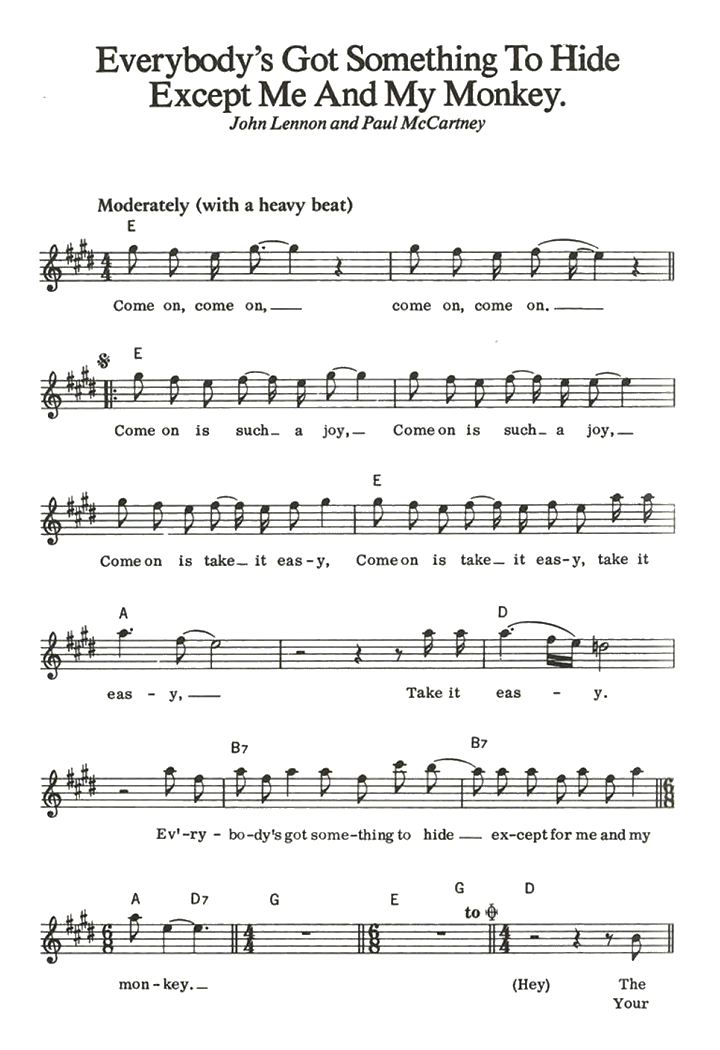In the heart of a quaint New England town, the rhythm of life is dictated by the seasons and the traditions that bind its residents. Among these residents is Danforth, a man who appears to lead a simple life as a farmer. Yet, beneath the surface, there lies a curious revelation that prompts him to reconsider his Sunday routines. The phrase “something to hide” resonates with him as he realizes he plows on Sundays instead of going to church like everyone else. This seemingly trivial choice raises questions about his character, values, and the deeper implications of his actions.
As Danforth navigates his life, he finds himself confronting not only the physical labor of plowing his fields but also the moral dilemmas that accompany his decisions. The choice to forgo traditional Sunday worship for the demanding tasks of farming suggests a conflict between societal expectations and personal obligations. This article delves into the complexities of Danforth’s life, exploring the reasons behind his choices and what they reveal about his character. In doing so, we will uncover the layers of meaning in his actions and the impact of his decisions on his relationships and community.
Through an exploration of Danforth’s motivations, we will also touch upon the broader themes of identity, duty, and the struggle between personal desires and societal norms. As we peel back the layers of his life, we invite readers to reflect on their own choices and the underlying reasons behind them. What is it that drives Danforth to prioritize his farming over attending church? Is there truly “something to hide” in his seemingly mundane routine? Join us as we embark on this journey of discovery.
What is Danforth’s Background?
To understand Danforth’s actions and motivations, we must first explore his background. Born and raised in a farming family, he has always been accustomed to the hard work that accompanies agricultural life. His upbringing instilled in him a strong work ethic and a deep connection to the land.
| Detail | Information |
|---|---|
| Name | Danforth |
| Age | 45 |
| Occupation | Farmer |
| Location | New England |
| Family | Married with two children |
Why Does Danforth Choose to Plow on Sundays?
One of the most pressing questions surrounding Danforth’s choices is: Why does he choose to plow on Sundays instead of attending church? This decision could stem from several factors, including personal beliefs, family obligations, or economic pressures. For many farmers, Sundays can be a crucial day for tending to crops, especially during busy seasons. The weather and the health of the crops often dictate when work must be done, leading to difficult choices about when to prioritize faith over duty.
Is Danforth Avoiding Something?
Another layer to Danforth’s choice is the idea that he may be avoiding something. By plowing on Sundays, is he escaping the expectations of his community? Perhaps he is grappling with personal demons or feelings of inadequacy that make the prospect of attending church daunting. This avoidance can be a powerful motivator, driving him to seek solace in the familiar rhythms of his work rather than confronting the complexities of his inner life.
How Does Danforth’s Choice Affect His Family?
Danforth’s decision to prioritize farming over church attendance inevitably impacts his family life. Sundays are typically a time for family gatherings and spiritual reflection. By choosing to plow instead, Danforth may be sending a message to his wife and children about the importance of work over faith. This choice can lead to tension within the family as they grapple with their own beliefs and desires.
Are There Consequences for Danforth’s Actions?
The consequences of Danforth’s choice extend beyond his family. In a tight-knit community, actions are scrutinized, and deviations from the norm can lead to gossip and social ostracism. By choosing to plow instead of participate in communal worship, Danforth risks alienating himself from his neighbors and eroding the bonds that hold the community together. This raises an important question: Is the price of his independence worth the potential cost to his social standing?
What is the Broader Implication of Danforth’s Dilemma?
Danforth’s Sunday dilemma is a microcosm of larger societal issues. It illustrates the tension between individual desires and societal expectations, a struggle that many face in various aspects of life. As we consider Danforth’s situation, we must ask ourselves: How do we balance our personal ambitions with the responsibilities we owe to our communities? And where do we draw the line between personal fulfillment and social obligation?
What Can We Learn from Danforth’s Experience?
Ultimately, Danforth’s experience offers valuable lessons about understanding our motivations and the choices we make. It encourages us to reflect on the reasons behind our actions and how they align with our values. Whether we are farmers, professionals, or members of a community, we all face choices that require us to weigh our personal desires against our obligations to others.
In conclusion, Danforth’s decision to plow on Sundays instead of attending church serves as a poignant reminder of the complexities of human life. As we ponder the question of whether there is “something to hide,” we are invited to explore our own lives and the choices we make. In the end, it is through understanding ourselves and our relationships that we can navigate the intricate landscape of life with grace and purpose.
